Discover Anseo.net - If I were the Minister for Education
Anseo.net - If I were the Minister for Education

Anseo.net - If I were the Minister for Education
Author: Simon Lewis
Subscribed: 85Played: 4,591Subscribe
Share
© All content is copyright to Arukas Limited
Description
How many times have you said to yourself, "If I were the Minister for Education…?" Well I do! Rather than grumble to myself, I decided to podcast my thoughts on ways I'd change the primary education system in Ireland. Every episode I'll take on a different theme, give some background and hopefully come to some conclusions by the end.
239 Episodes
Reverse
In this episode, I explore the landscape of primary education in Ireland, focusing on the outcomes of the INTO Congress, the ongoing conversations regarding gender identity in schools, and the looming uncertainties over the primary school book grant scheme. I delve into the controversies surrounding teacher compensation for overseas work, the dominance of religious control in education, and the societal response to gender identity within educational settings. Additionally, I express concerns over potential reductions to the primary school book grant scheme.
In this episode, I reflect on the implications of Josepha Madigan's departure as the Minister for Special Education and whether the position will ever exist again. I also ponder on the INTO's survey on physical aggression. Finally, we move to Estonia and explore why they are now kings and queens of Europe and why Ireland won't be the best education system in Europe by 2026.
In this episode, I wonder about the quantum of SET agendas and why the IPPN has decided to go against its members. I discuss why the media have reduced a completely changed curriculum down to sex. Finally I deny that I've been looking through your bins. Links to articles discussed can be found on anseo.net
In this podcast episode, I discuss the challenges in special education, specifically the issues with school allocations and the ineffectiveness of the current system. I also delve into the expansion of the school transport system and the complications arising due to patronage. Lastly, I touch on the topic of Irish exemptions and the audit of schools with high exemption rates. Additionally, I reflect on the ownership of newly built schools by religious bodies despite being funded by the state.
In this latest episode of the podcast 'If I were the Minister for Education', I explore the recent happenings within the Irish primary education system, discussing the aftermath of SET allocations and the implications this had on schools and teachers. The episode also delves into the issue of Irish school buildings being gifted to private religious bodies and assesses the impact of this decision. Finally, I explore why the Scottish see the Irish education system in such a positive light, primarily referring to Ireland's performance in PISA tests. Show notes available on Anseo.net
Welcome to another kind of experimental version of the show because I have decided that I'm going to try and extend the podcast to YouTube - you can check the video version of it at https://www.youtube.com/@Anseo Show note are available on Anseo.net here: https://anseo.net/?p=19569Topics covered:Should School Summer Holidays be shorter?Gifting Solar Panels to the ChurchHaving a go at Private Schools School Uniforms and RulesMaking a Business from Smartphones in SchoolsDystopian Predictions for Future Classrooms
In this episode, I discuss the people that made it in 11th to 20th position in the Irish Times 2011 article and find out where they are now.Show notes and links can be found on my Medium channel: https://simonmlewis.medium.com/the-50-most-influential-people-in-education-where-are-they-now-part-2-5-a2679e119641
Twelve years ago, the Irish Times published an article, out of the blue, which listed the top 50 most influential people in education. It was compiled over four weeks and the journalists stated that key figures (without naming them) were asked to compile their own lists confidentially. The names that featured were the most prominent on the lists. I thought it would be interesting to see where these people are now.Show notes and blog article can be found here: https://simonmlewis.medium.com/the-50-most-influential-people-in-education-where-are-they-now-part-1-5-fdfc5ea80528
In our final part of the Story of Droichead, we reach 2017. With 91% of teachers voting to stop Droichead from entering our schools, you would think this almost unanimous vote of no confidence would finally put a stop to the INTO from trying to get Droichead over the line and put the Teaching Council back to the drawing board. However, as we’ll see, in this part of our story of Droichead, that isn’t what happened at all. A co-ordinated and carefully orchestrated set of plans was put in place beginning with the slightest of changes - just one word to change everything!
2016 was an interesting year in primary education, and for me, it was the year where our education system changed fundamentally. The NCSE published their new guidelines for children with additional needs paving the way for the disaster that we are seeing today. Sean Cottrell, the powerhouse of the IPPN announced that he was going to be retiring leading to a new direction for the organisation of partnership with the INTO and Department of Education. But even more importantly for the purposes of this podcast episode were two elections - The Teaching Council elections and the INTO presidency election. How would this affect Droichead?
By 2015, it seemed like Droichead was going nowhere. The Teaching Council were doing their best to force schools to join their pilot, which almost nobody wanted to join and the INTO were doing their best to do the same. Already 3 years overdue, less than 5% of schools across the country had signed up. Something had to be done and many teachers on the ground had the answers. The thing was, would the Teaching Council listen?
The story of Droichead is littered with twists and turns and all sorts of unexplainable changes that if it were a real bridge, it would have collapsed. While its foundation was fairly solid, it had a number of issues, not least the fact that it wasn’t going to be properly resourced, and secondly that it was going to be very difficult to work from a HR and Industrial Relations point of view. However, the Teaching Council found itself with a very powerful ally - the INTO, the primary teachers’ union. In a complete u-turn from its original NEVER NEVER mantra, the INTO leadership convinced almost all of its CEC reps to take on Droichead in their schools. For one of the first times in my memory at least, the INTO leadership stood in direct opposition to the vast majority of its own members. In this part of the episode, I am going to explore the reaction of teachers on the ground to the INTO’s decision and what happened next.
By 2013, The Teaching Council were in a sticky situation. The inspectorate had told them they would no longer be probating teachers but the Union were steadfast that teachers wouldn’t be doing instead. With chants of NEVER NEVER ringing in their heads, the Teaching Council needed to do something. In this part of the episode, I explore what happened next and how they managed to build that bridge and convince the INTO to come over it.
In the last episode of this series on Droichead, I’ve been slowly building the story of how Droichead entered our lives. Last time I began to go through the very first iteration of Droichead, which was called CEPP, the Career Entry Professional Programme, which was launched in January 2012 as a consultation. I went through the in school part of CEPP in the last section but there was an out-of-school side to CEPP too and in this part I’m going to go through that and see if much has changed in the last 10 years.
If you were to ask teachers what was the most divisive initiative to come into the primary education system in the last decade, Droichead would be high on the list. Initially designed so that schools would probate their own new staff, it developed from a pantomime into a circus. In part one, we look at the beginnings of Droichead and how it eventually did exactly the opposite of what it was supposed to achieve.
Technology is central to most people’s work and lives and, for schools, it’s no different. Despite this, the Department of Education failed to provide a regular stream of funding for almost two decades after the launch of IT2000 in 1997. Former principal and early pioneer of educational technology, Robbie O'Leary, famously said that technology in primary schools has been funded almost completely by cake sales and Tesco tokens. This school year, everyone expected their grant to arrive in April and when it didn’t come, people simply believed, like many things, it was delayed and would be paid, “in due course”, as the DoE like to say. However, at the end of May, a principal spotted that the grant had simply disappeared from the schedule of payments. In this episode, I take a look at what the DoE expect schools to do when it comes to technology and why it’s doomed to failure if they aren’t going to fund it.
In this summer episode, I go back to my roots in educational technology and offer you five tech tools that helped me in my job this school year. They are:Gmelius - https://gmelius.com/Sunsama - https://sunsama.com/Voice over IP - https://www.3cx.com/ and https://explore.zoom.us/en/products/zoom-phone/Clever.com - https://www.clever.comScreencastify - https://www.screencastify.com/Oh...and in the spirit of these things, there's a bonus one too: Profile Pic Maker: https://pfpmaker.com/
It’s probably quite fitting that the 10-year anniversary of the Patronage and Pluralism Forum Report ended in the same way it started - with a huge amount of apathy. When the Forum was set up to gather its data, the authors must have been seriously disappointed that despite having a multicultural 21st century Ireland, the vast majority of Irish people that contributed to the research were quite happy with a heavily Catholic-influenced education system. The question must be asked: why don’t people seem to care about church involvement in schools despite the fact it’s teaching them a huge number of wrong lessons?
As I’m sure you’ve probably figured out by now, I could talk about the Forum on Patronage and Pluralism forever and I’m sure I’ll be coming back to it many times again. There are so many stories that blossomed from it, whether it was the struggle for Castlebar or the scaremongering in Malahide, and I’m sure there will be many more stories as Ireland stutters its way out of church control of schools, for example, I imagine the reconfiguration story, which I discussed a few weeks ago is going to be very interesting. However, I’ve spoken a lot about the past ten years so it’s only fair to let you know what I would do if I were the Minister for Education. After all, it is the point of this podcast.🎙Listen and subscribe to this podcast on your favourite app here. 📌 Voted the best primary education podcast in the world by Feedspot!
The paradoxical relationship that most Irish people have with the church baffles me. I can't understand why people care so little about the fact that religion permeates the entire day of 95% of primary schools in the country, even to the point of defending it when there are moves to change schools over to multi-denominational bodies. Why would thousands of people take to the streets in protest when there was a glimmer that the church was going to be allowed to retain ownership of a new maternity hospital on their grounds, and yet when every year several primary schools are built with State money, there isn’t a murmur when the building is gifted back to the church? Why is it that the vast majority of Irish people voted against marriage equality in 2015 because it was abhorrent to them that two people of the same sex were not allowed to be married, and yet they happily allow the message that the only acceptable relationship where marriage can occur is between a man and a woman, is given to their children without question? In this episode, I argue that the Irish school system acts similarly to the Don't Ask, Don't Tell policy in the US army back in the day.



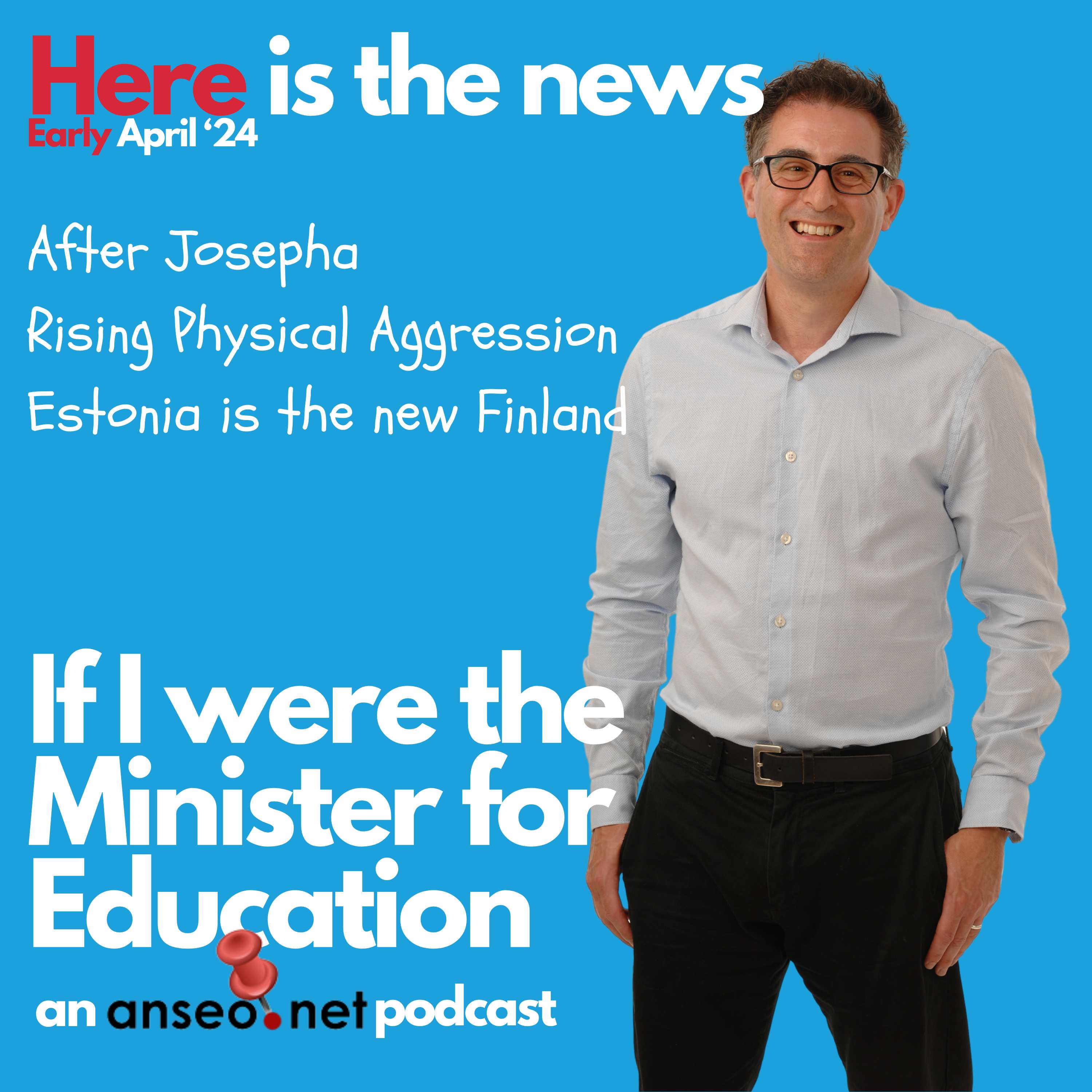
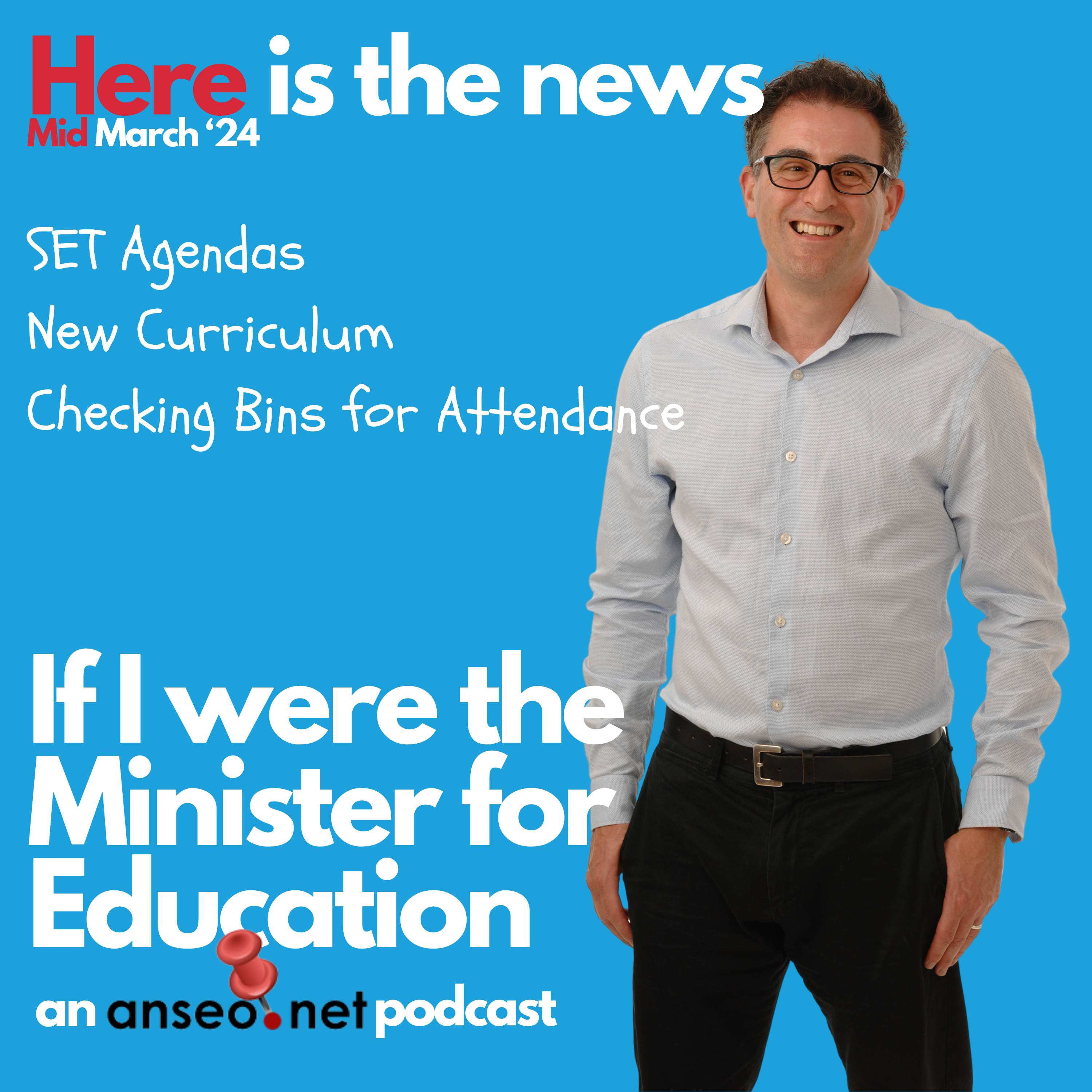



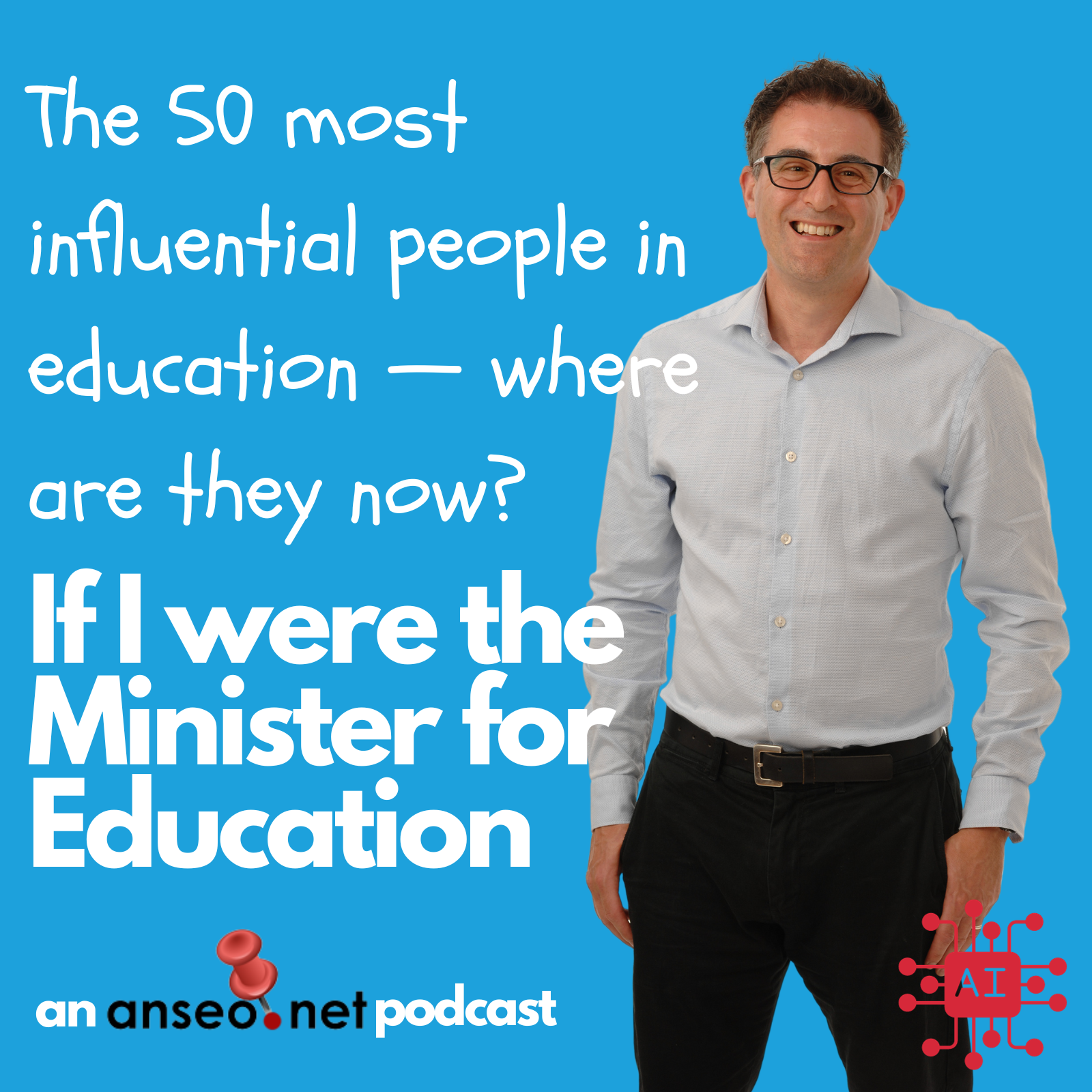


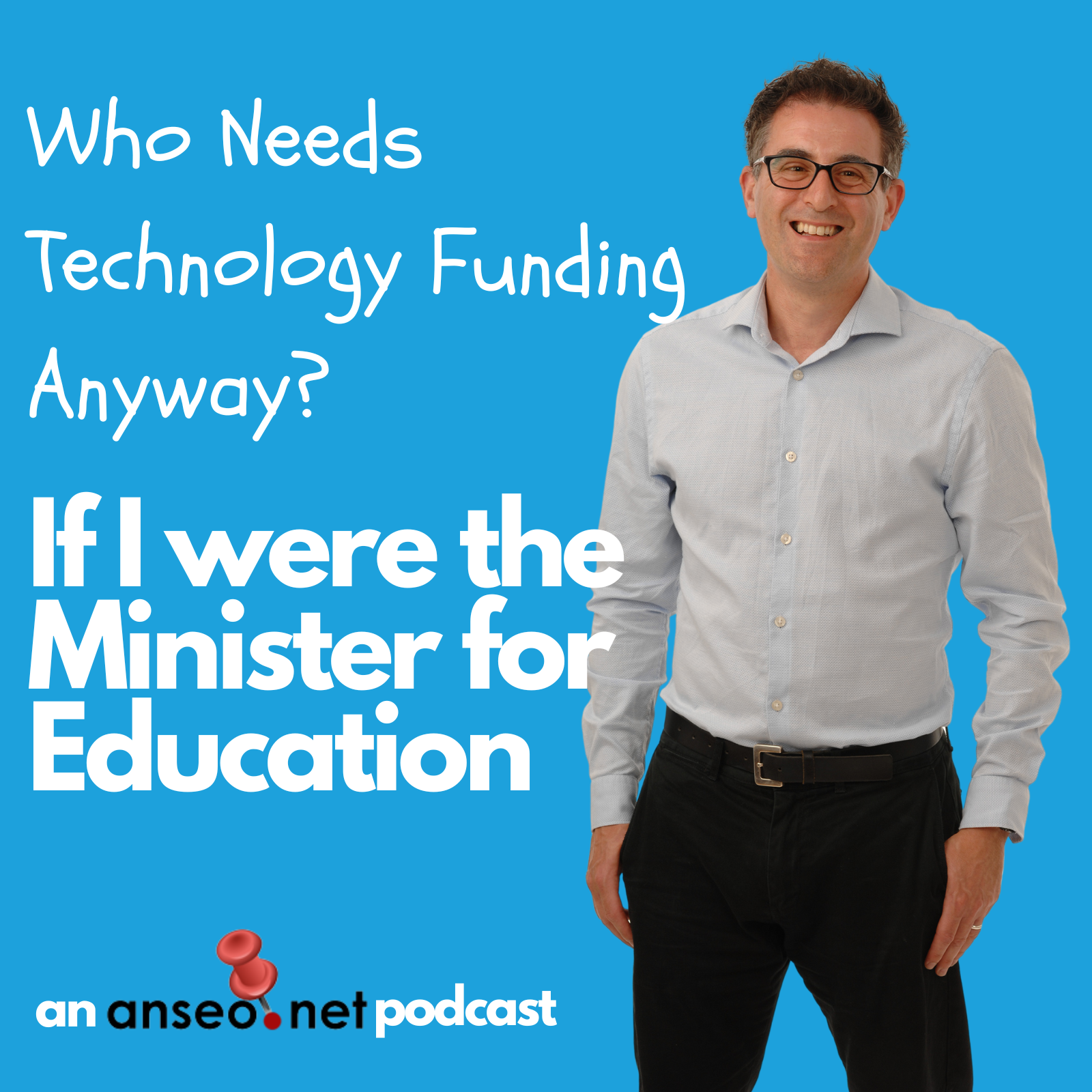

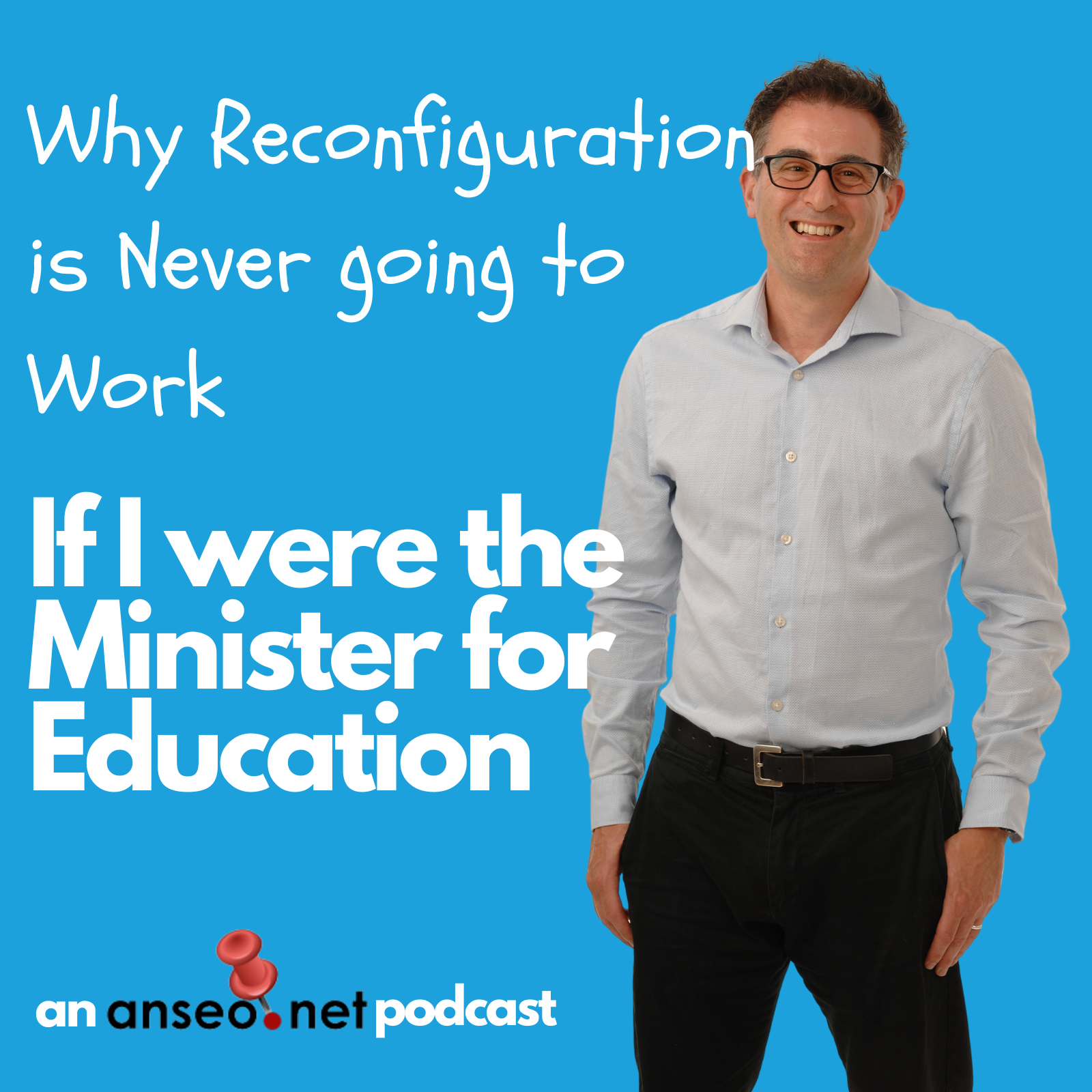




Loved the first episode on Finland Simon and I'm really looking forward to listening to this one too!
Excellent first episode!